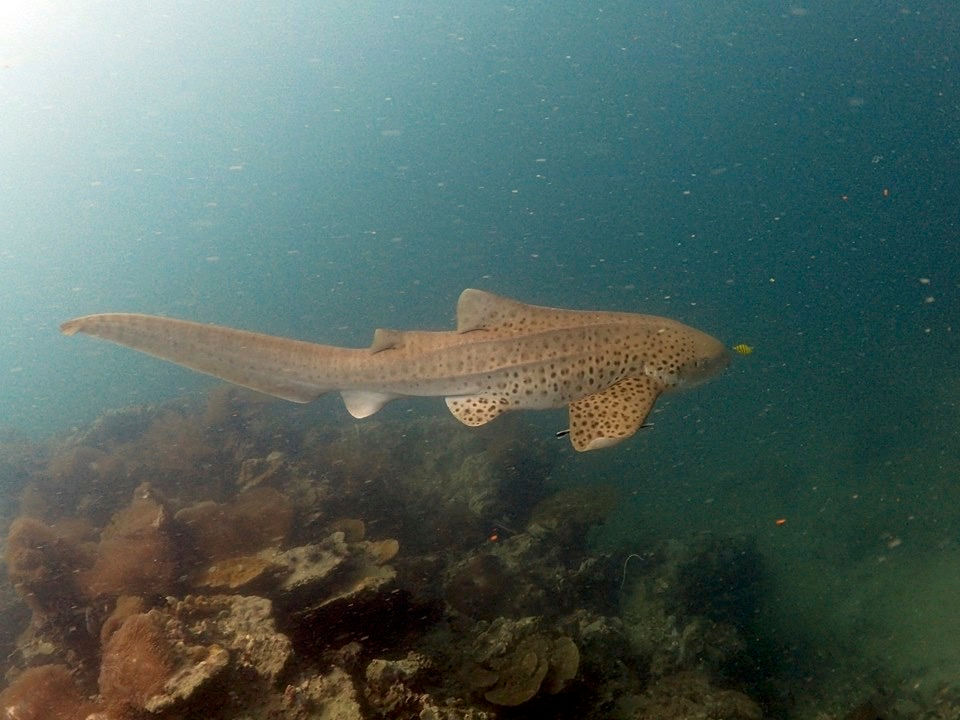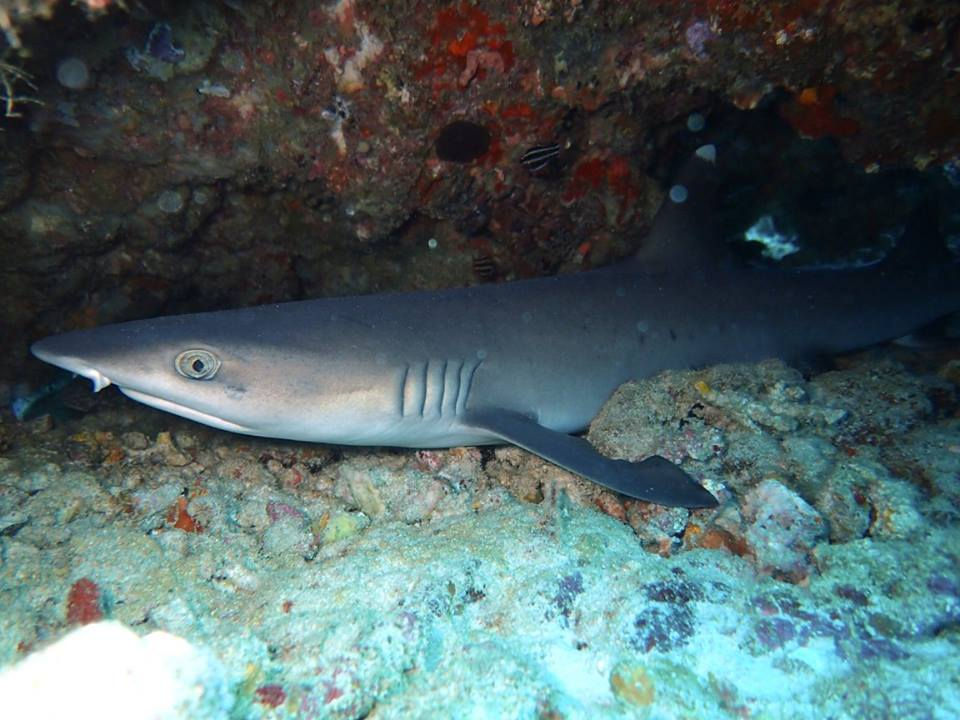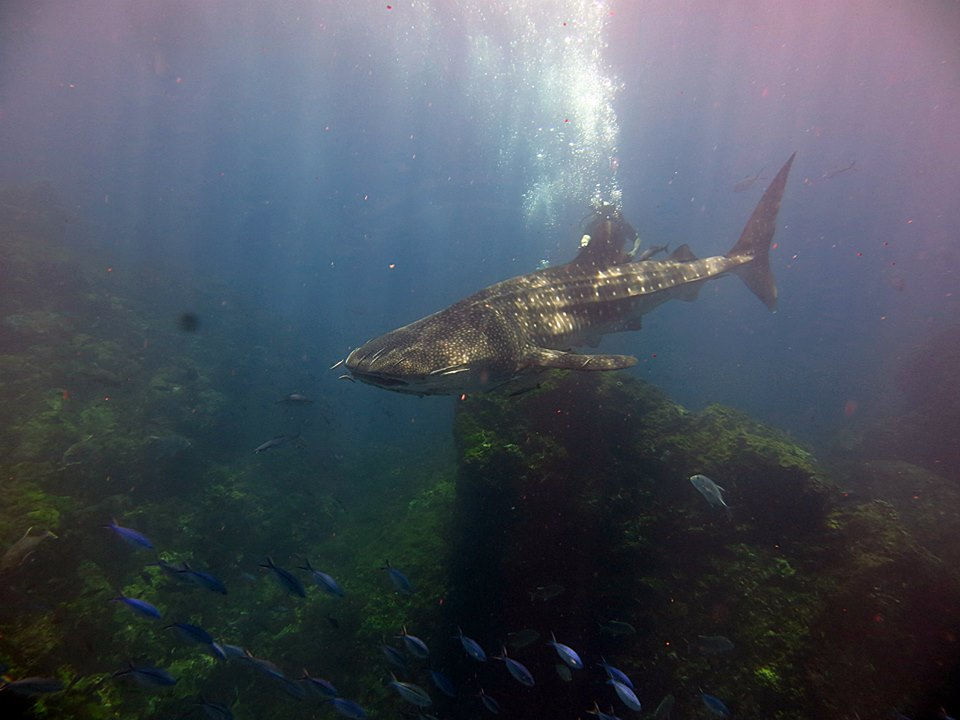Shark Catch Composition and the Effects of Targeted Fishing.
- ExpeditionThailand

- Jan 16, 2019
- 2 min read
For many years sharks have been perceived as fearsome creatures that pose a threat to humans due to media portrayals and sensationalised reports of attacks. Many people fail to realise the important role they play within the marine ecosystem. Sharks are found in almost all marine environments the world over and are among some of the oldest living organisms found on earth, some species reaching 500+ years old.

They act as apex predators which maintain the populations of species in lower trophic levels, which in turn maintains a balance of species diversity. An ocean without sharks would allow large predatory fish to dominate over smaller herbivorous fish that help keep coral reefs healthy by consuming algae that would otherwise become overabundant and essentially lead to the death of corals.
One of the main problems facing shark species in recent years is overfishing. They have become a highly sought after species due to the value of their fins which are used in shark fin soup, a delicacy associated with luxury in Asia.
According to the Department of Fisheries shark populations in the Andaman Sea have declined by a staggering 96% from 2005 to 2016. Globally it is estimated that over 100 million sharks are removed from our oceans annually. At this rate of decline sharks could disappear from our oceans in the very near future and without them the balanced ecosystem we rely on for so many ecosystem services such as food supply could be altered beyond repair.

My project aims to investigate the perceived changes to shark communities surrounding Phuket and find out how this industry influences local fishing communities in the area.
Using structured interviews at various fishing piers, markets and villages around the island I hope to collect data reflecting the number of sharks caught by commercial and artisanal fisheries and identify any trends or changes seen in the past few years. Another aspect of this project will be collecting data on living shark communities surrounding Phuket by utilising the passionate dive professionals of the island. We will be hosting a training day, teaching participants to identify and record shark species seen while diving at popular dive sites. This information will feed into larger scale studies. Public participation in data collection is known as citizen science. This method helps gather more data and can make a big difference to projects with limited resources.

I first became interested in this topic in 2010 when I lived in Phuket and noticed that the sharks were becoming more and more scarce in the water and more frequent in the markets. After talking to divers in the area who had resided on the island for many years I learned that there once were schools of hammerheads and guitar sharks spotted regularly in the waters surrounding Phuket. It was very sad to hear that in such a short time they seemed to have disappeared altogether. Im very excited to be returning to Phuket with this project which I hope will help contribute to furthering our knowledge and understanding of such an important species.








Comments